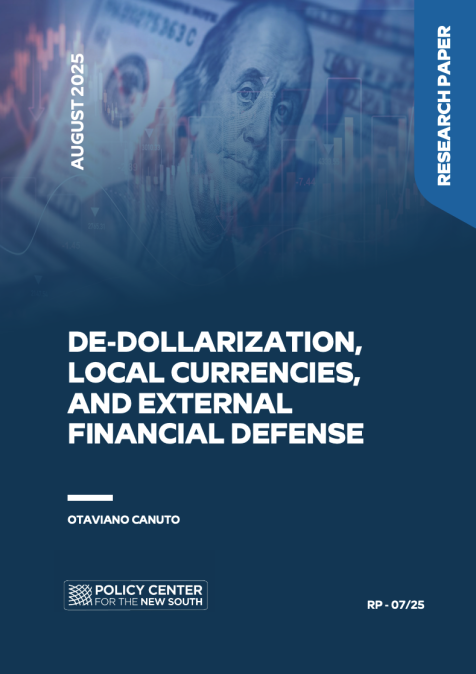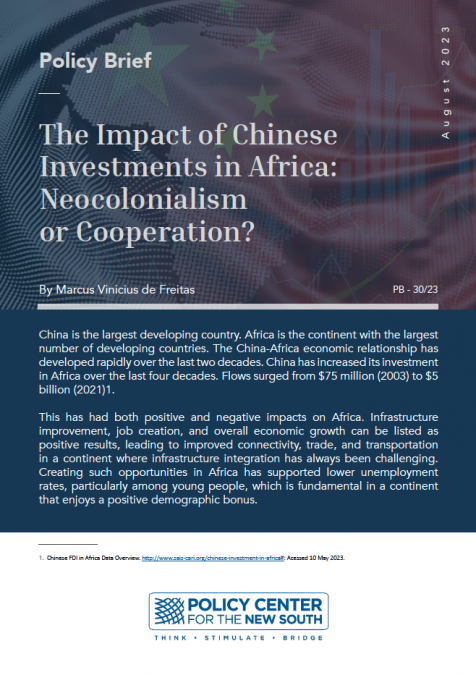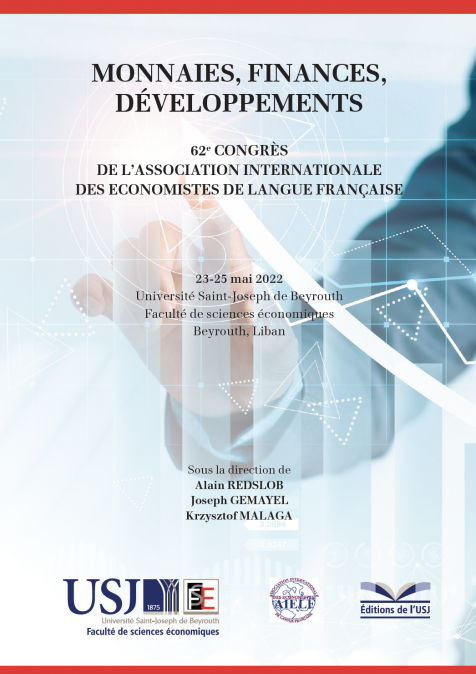Publications /
Research Paper
The international monetary system has been dominated by the U.S. dollar since the Second World War. The hegemony of the greenback cut across the end of the dollar exchange standard established by the Bretton Woods Agreement, and came out from the global financial crisis—and the euro crisis—even stronger than before. The euro area and China are taking steps to strengthen the international role of their currencies, but surmounting the inner strength of the dollar-based monetary system cannot be taken for granted. This is visible in two aspects of the rising profiles of competitors to the dollar-based system: the growing use of local currencies in cross-border payments between China and other countries—particularly the BRICS— and the role played by the euro and the renminbi in cross-country financial safety nets.









